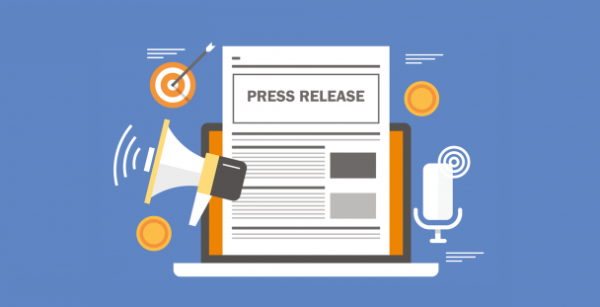LITRG reminds taxpayers to check their tax payments due at the end of this month
The Low Incomes Tax Reform Group (LITRG) is reminding Self Assessment taxpayers that the second payment on account for 2020/21 is due for payment by 31 July 2021 – and sets out how to make sure the payment on account amount is not excessive.

Many taxpayers who file Self Assessment tax returns are required to make payments on account. The payment on account due by 31 July is the second instalment payment towards the 2020/21 tax bill, with the balancing payment due by 31 January 2022.1
As part of the Government’s coronavirus support measures in 2020, Self Assessment payments on account due in July 2020 were automatically deferred until January 2021 but that is not the case for the second payments on account for 2020/21 which are due on 31 July 2021, warns LITRG.
For those who have not yet filed 2020/21 tax returns, LITRG is reminding taxpayers to check the amount they are due to pay. To avoid overpaying, they can either file their 2020/21 tax return before the end of this month or file a claim to reduce their payment on account with HMRC (using form SA303).
Victoria Todd, Head of LITRG, said:
“If you have already submitted your 2020/21 tax return, then your second payment on account amount will be recalculated by HMRC based on the information on the tax return and so the amount due on 31 July should be correct. Therefore, if you have not yet filed your tax return for 2020/21 you should consider doing so before 31 July.
“If you cannot file the 2020/21 tax return in the next few days but think your tax bill for 2020/21 will be less than that for 2019/20, your payments on account may be higher than they need to be. In this case, you may be able to make a claim to reduce the level of the second payment on account for 2020/21. We explain how to do this on our website.2
“It is also important to factor any coronavirus support payments that are taxable in 2020/21, such as the first three payments under the Self-Employment Income Support Scheme,3 into calculations when working out whether you can reduce your 2020/21 payments on account.”
LITRG is urging people not to ignore the tax payment due at the end of this month.
Victoria Todd said:
“If you cannot pay the amount due, contact HMRC as soon as possible to discuss the possibility of paying the amount due in instalments.4 HMRC have indicated they will continue to treat all such requests sympathetically in view of the current economic situation.”
HMRC can be contacted on 0300 200 3822 or 0800 024 1222 or online at https://www.gov.uk/difficulties-paying-hmrc
Notes for editors
1. For more details on the payment on account regime see: https://www.litrg.org.uk/tax-guides/tax-basics/self-assessment-understanding-basics#toc-when-do-i-pay-the-tax-due-and-what-payment-options-are-there-
3. Information regarding the Self-Employment Income Support Scheme can be found here: https://www.litrg.org.uk/tax-guides/coronavirus-guidance/coronavirus-self-employment-income-support-scheme-seisshttps://www.litrg.org.uk/tax-guides/coronavirus-guidance/coronavirus-self-employment-income-support-scheme-seiss.
Many different payments have been made by central government, devolved governments and local authorities during the pandemic. Some of these payments are taxable, some are not. It is important that you check each payment carefully to find out whether it is taxable and if so, how to declare the payment correctly to HMRC. To find out how to declare SEISS payments on 2020/21 tax returns see: https://www.litrg.org.uk/tax-guides/coronavirus-guidance/self-employment-income-support-scheme/SEISS-grants-tax-return
4. https://www.gov.uk/difficulties-paying-hmrc
5. Low Incomes Tax Reform Group
The LITRG is an initiative of the Chartered Institute of Taxation (CIOT) to give a voice to the unrepresented. Since 1998 LITRG has been working to improve the policy and processes of the tax, tax credits and associated welfare systems for the benefit of those on low incomes.
The CIOT is the leading professional body in the United Kingdom concerned solely with taxation. The CIOT is an educational charity, promoting education and study of the administration and practice of taxation. One of our key aims is to work for a better, more efficient, tax system for all affected by it – taxpayers, their advisers and the authorities. The CIOT’s work covers all aspects of taxation, including direct and indirect taxes and duties. The CIOT’s 19,000 members have the practising title of ‘Chartered Tax Adviser’ and the designatory letters ‘CTA’, to represent the leading tax qualification.
Contact Hamant Verma, External Relations Officer, 0207 340 2702 [email protected]
